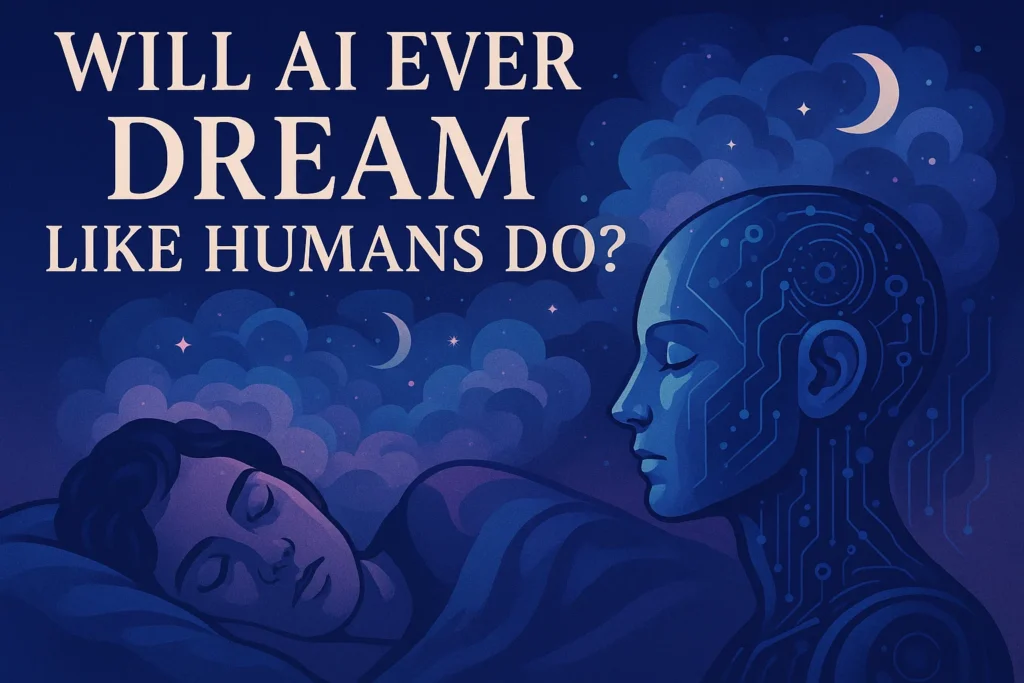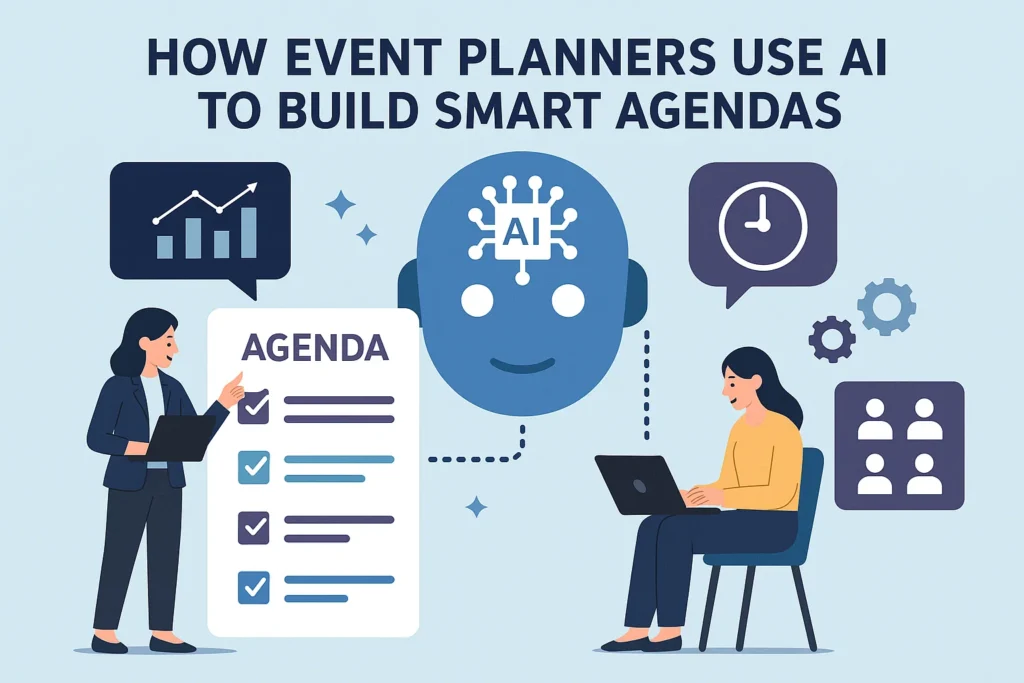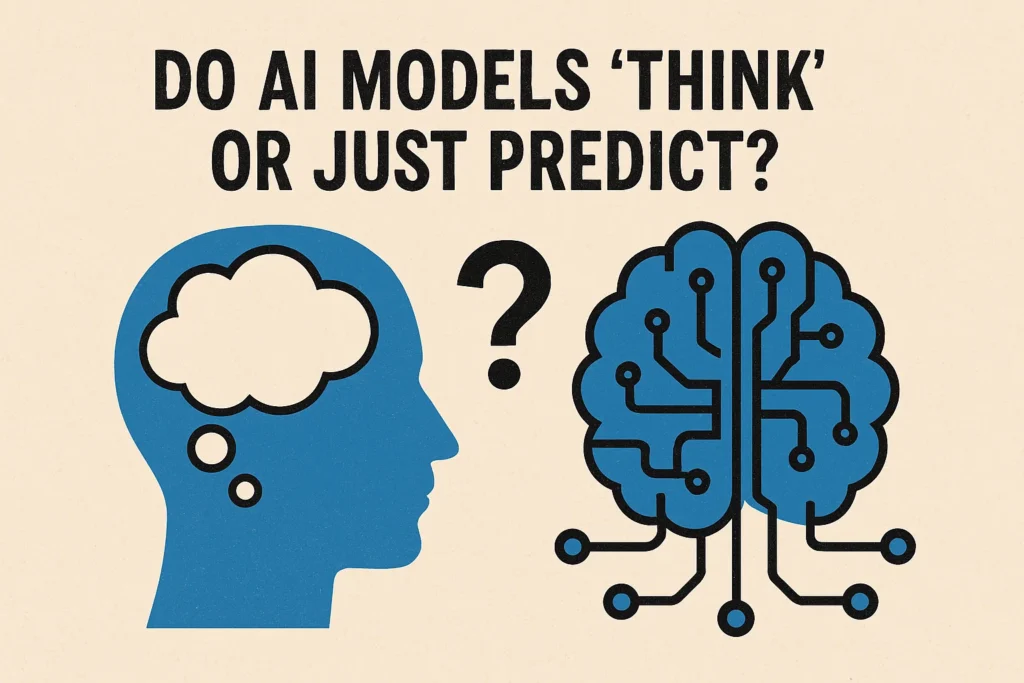🎯 Introduction
Dreams have always been a mysterious part of human life—blending memory, imagination, and emotion. At AiBlogQuest.com, we explore the intriguing question: Will AI ever dream like humans do? While machines can generate images, stories, and even “hallucinations,” whether they can truly dream remains a fascinating mix of science and philosophy.
🔹 1. What Human Dreams Represent
Human dreams are deeply tied to emotions, subconscious processing, and memory consolidation. They are not just random images but often reflect our experiences and inner world.
🔹 2. AI “Hallucinations” vs. Dreams
AI models sometimes generate nonsensical or unexpected outputs, often called “hallucinations.” While similar to dreams in creativity, they lack the emotional and subconscious depth of human dreaming.
🔹 3. Can Machines Imagine?
AI can generate art, music, and stories that feel imaginative. But imagination for humans often comes from desires, fears, and emotions, which AI does not experience.
🔹 4. Neural Networks and Dream-Like Processing
Some researchers suggest that the way AI processes and reorganizes data during training resembles how the brain consolidates memories in sleep—hinting at a dream-like state.
🔹 5. The Role of Emotions in Dreams
Dreams are emotional experiences. Since AI has no emotions, even if it simulates dream-like outputs, it cannot feel them the way humans do.
🔹 6. Could Future AI “Dream”?
If AI ever develops a form of consciousness, it might also simulate dreaming processes as part of self-reflection or memory management.
🔹 7. The Philosophical Question
The real question may not be whether AI can dream, but whether we would recognize machine dreams as authentic or simply as outputs of advanced computation.
🔗 Useful Links – AiBlogQuest.com
❓ FAQ on AI and Dreaming
Q1: Can AI dream like humans?
Not yet. AI generates creative outputs, but they lack the emotional depth of human dreams.
Q2: What are AI “hallucinations”?
They are unexpected or inaccurate outputs generated by AI, sometimes compared to dream-like imagination.
Q3: Why do humans dream?
Dreams help with memory processing, emotional regulation, and subconscious expression.
Q4: Could AI in the future develop real dreams?
If AI achieves consciousness, it may simulate dream-like processes—but this remains theoretical.



